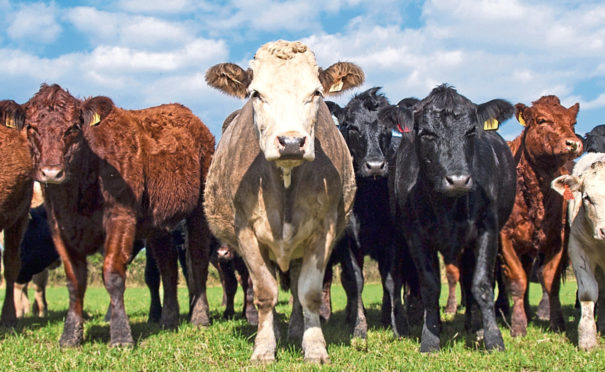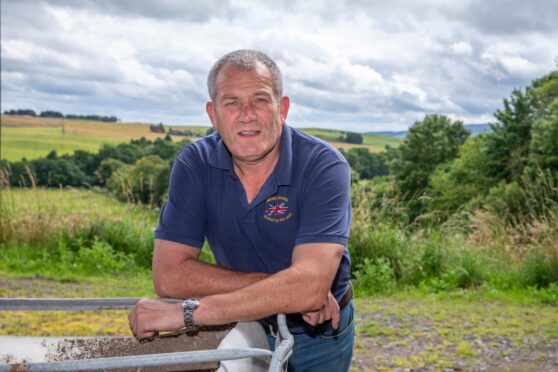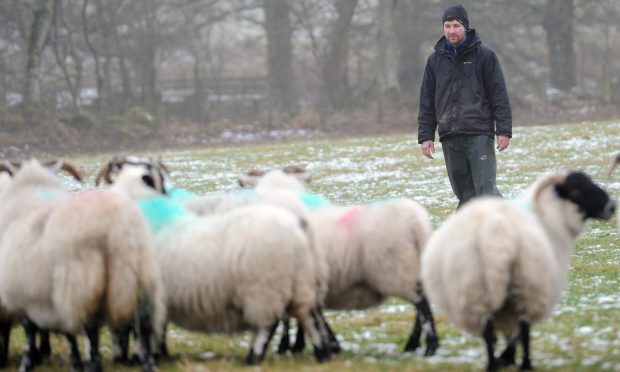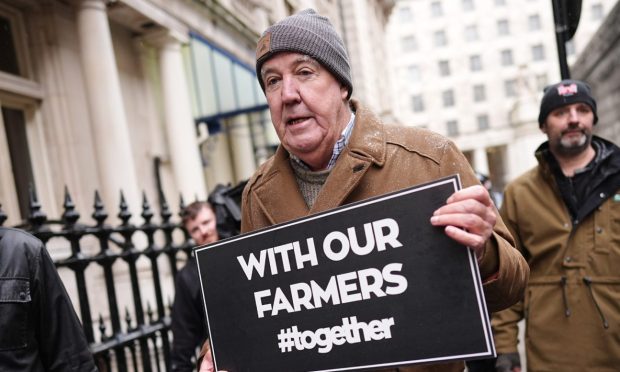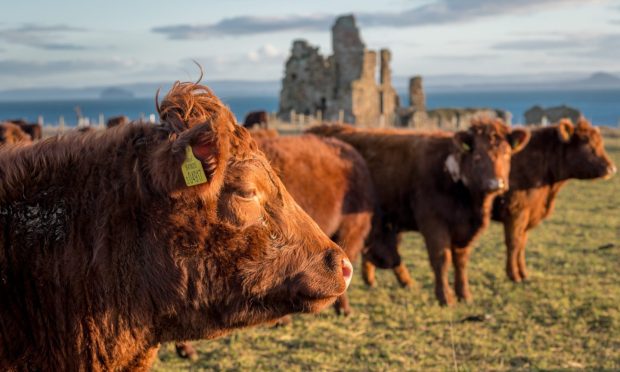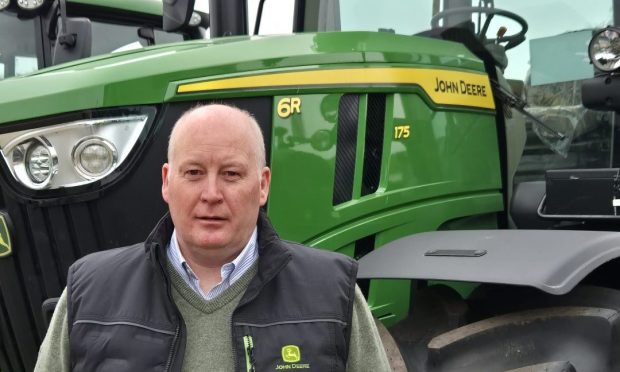Scottish beef farmers could be pushed out of business if post-Brexit trade deals allow zero or low-tariff access for imported beef into the UK.
That was the stark warning from Richard King, head of business research at farm consultancy firm Andersons, at a seminar in Perth yesterday.
“It’s a pretty grim time for beef producers,” said Mr King.
“Consumer spending on beef has been down and output has been reasonably strong with quite high numbers and quite high carcase weights.”
He said farmgate prices had also come under pressure as a result of increased volumes of Irish beef coming into the UK ahead of previous Brexit deadlines.
Mr King predicted a stabilising of beef prices but warned of continuing challenges ahead for the beef sector as it battles low profitability and changes to trading regimes.
“We don’t think demand (for beef) is going to be stellar,” added Mr King.
“Consumers are going to be feeling the pinch, which is never good for beef.
“The optimism we have for pricing is more about supply constraints.”
He said imports of cheap beef and continued levels of low profitability could result in Scottish beef cow numbers falling.
“A low-import tariff level could be disastrous,” added Mr King.
“If we get the wrong sorts of trade deals, we can see far less beef being produced in this country. We would just be importing it. There could be big changes ahead.”
He said the beef and lamb sectors were highly dependent on support payments to turn a profit, and they would need to adapt to changes in future support systems which are likely to provide payment for public goods.
“When the Basic Payment Scheme (BPS) disappears, the decision to go for public goods payments, or get better, or do something else will be an important choice for a large proportion of farmers,” added Mr King.
He said many beef producers were lifestyle farmers as they were making no more money than their BPS provides.
